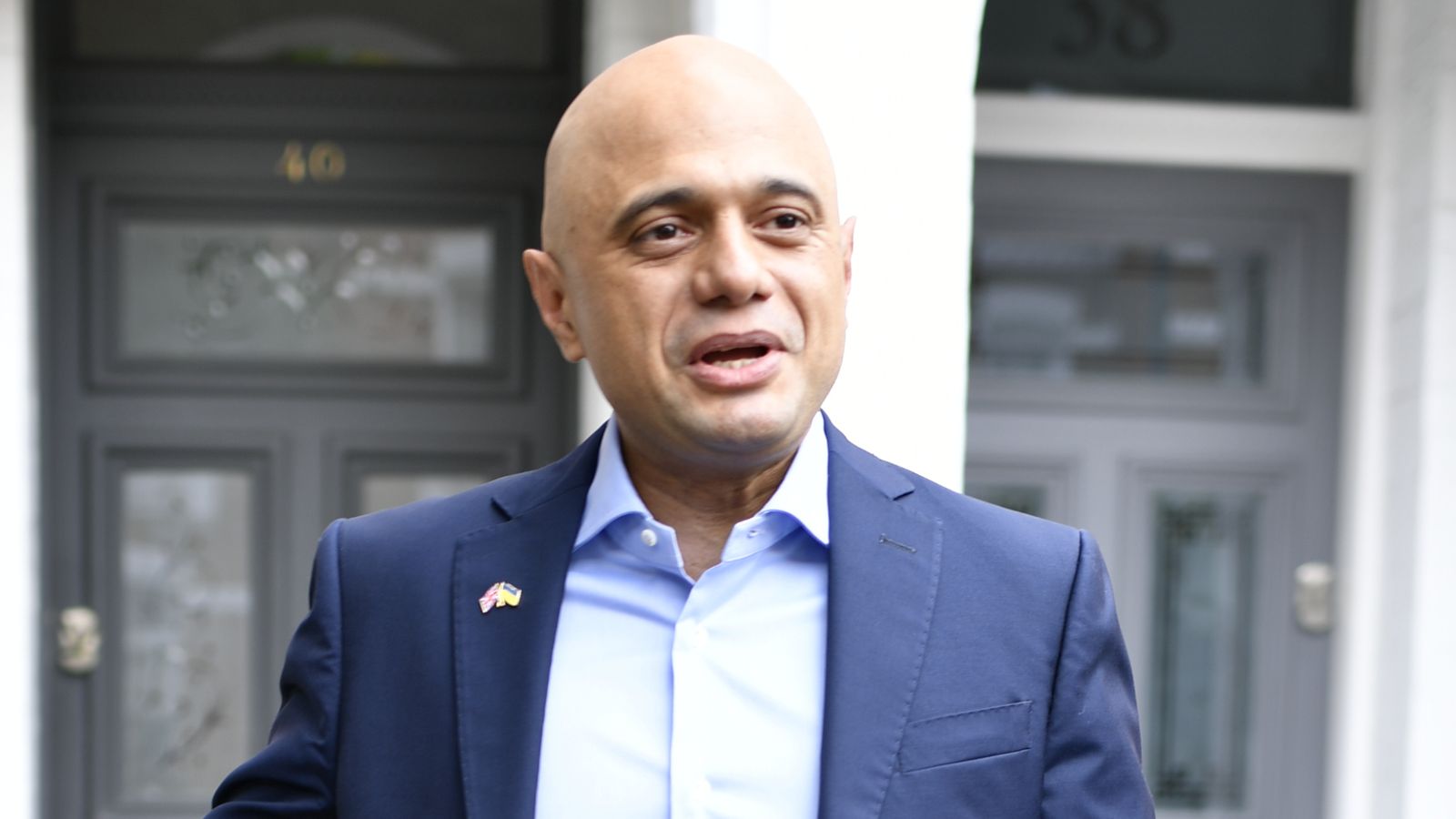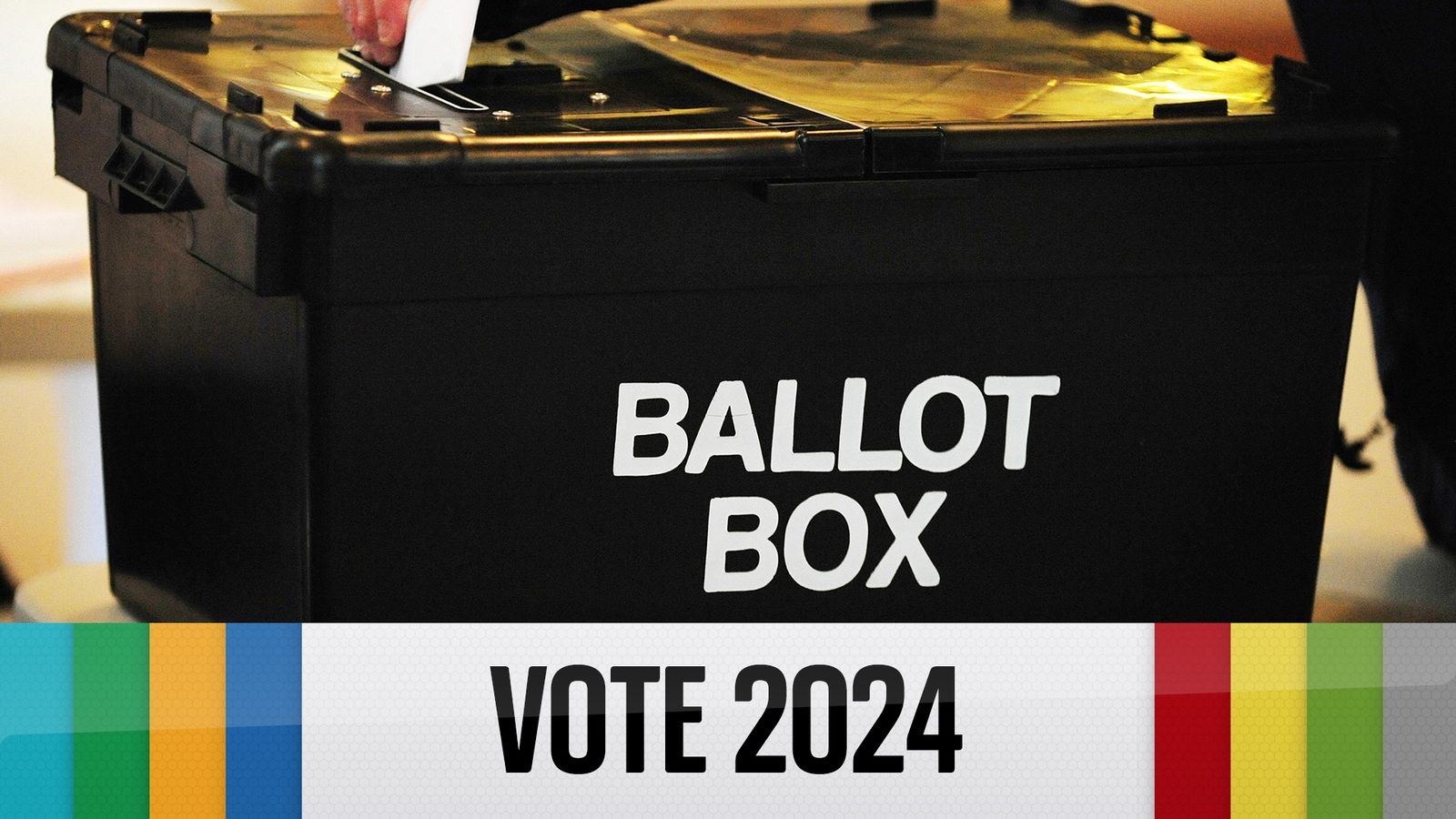Reducing the sensitivity of the NHS COVID app to bring down the number of people being told to self-isolate is “like taking the batteries out of the smoke alarm”, Sir Keir Starmer has said.
On Thursday, the head of the UK Health Security Agency, Dr Jenny Harries, confirmed that ministers plan to “tune” the app so fewer individuals are pinged amid concerns that lifting the remaining restrictions later this month will lead to many being forced into staying at home.
Live COVID updates from the UK and around the world
But the Labour leader said such a move would “weaken the defences” the country has built up against the virus.
“It’s like taking the batteries out of the smoke alarm: it is so obviously to weaken the defences that we have,” Sir Keir said of the government’s plans.
“And if the consequence of the prime minister’s decision is that people are deleting the NHS app, or the app is being weakened, then that’s a pretty good indicator that the decision of the prime minister is wrong.”
At PMQs earlier in the week, the Labour leader warned that people were removing the app from their phones ahead of the final stage of unlocking because of fears about being repeatedly told to isolate.
Downing Street confirmed the government “actively have a piece of work ongoing” with regards to tracing scheme, adding that it is “entirely possible to tune the app to ensure it is appropriate to the risk”.
The prime minister’s official spokesperson said the PM is still using the app as it is an “important tool” in reducing the spread of the virus – and that he encourages others to do the same.
“It is important that people continue to isolate if they are asked to do so,” the PM’s spokesman said.
“We continue to ask people to isolate if they are asked to through the app.”
But the PM’s official spokesman also confirmed that the government is “looking at” whether further self-isolation exemptions could be granted to NHS workers ahead of step four of the roadmap out of lockdown, when there are fears cases of coronavirus could dramatically increase.
“Exemptions are already in place for people where they’re wearing appropriate medical grade PPE,” they said.
“But again, as I say, we obviously keep everything on the review and we will continue to look at these things ahead of step four.”
Rules governing travel for people in England are due to be eased on 19 July, but measures on self-isolation for the fully vaccinated will remain in place until 16 August.
Latest Test and Trace figures show a total of 356,036 alerts were sent to users of the NHS COVID-19 app in England in the week to 30 June, telling them they had been in close contact with someone who had tested positive.
This is up from 219,391 the previous week – a jump of 62%, and the highest weekly figure since data was first published back in January.
Transport Secretary Grant Shapps told Sky News on Friday that the government “want(s) the app to be a useful tool in our armoury”.
It came after Rishi Sunak told Sky News on Thursday that the health secretary, Sajid Javid, was considering an “appropriate, balanced and proportionate” approach for self-isolation when people are ‘pinged’ by the NHS app.
The chancellor said he had spoken to Mr Javid about “the frustration” that people have with the test and trace system and that the health secretary was “aware” of concerns and was “looking at” possible solutions.
Speaking later that morning, the PM said he knows “how frustrated people are” that changes to self-isolation rules for those who have had two vaccine doses and those under 18 are coming into force on 16 August and not in July.
The latest estimates from the Office for National Statistics (ONS) suggest around one in 160 people in England are estimated to have had COVID-19 in the week to 3 July.
The figure was around one in 100 in Scotland, one in 340 in Wales and one in 300 in Northern Ireland.
And data from Public Health England suggests cases of the Delta variant rose by a third in the past week alone.
And according to new REACT study data, based on home swab tests taken by over 47,000 people between 24 June and 5 July, around 1 in 170 people had the virus during this period, or 0.59% of the population.
This is four times higher than the study’s previous report when 0.15% of people (1 in 670) were infected, as of 7 June.
Almost all COVID rules – including limits on the number of people who can meet together, legal requirements on wearing face masks, and social distancing in pubs and bars – will be ditched as part of the final step of the roadmap for lifting lockdown restrictions in England.
The move is due to take place on 19 July, but a final decision on whether it goes ahead will be made next week.




